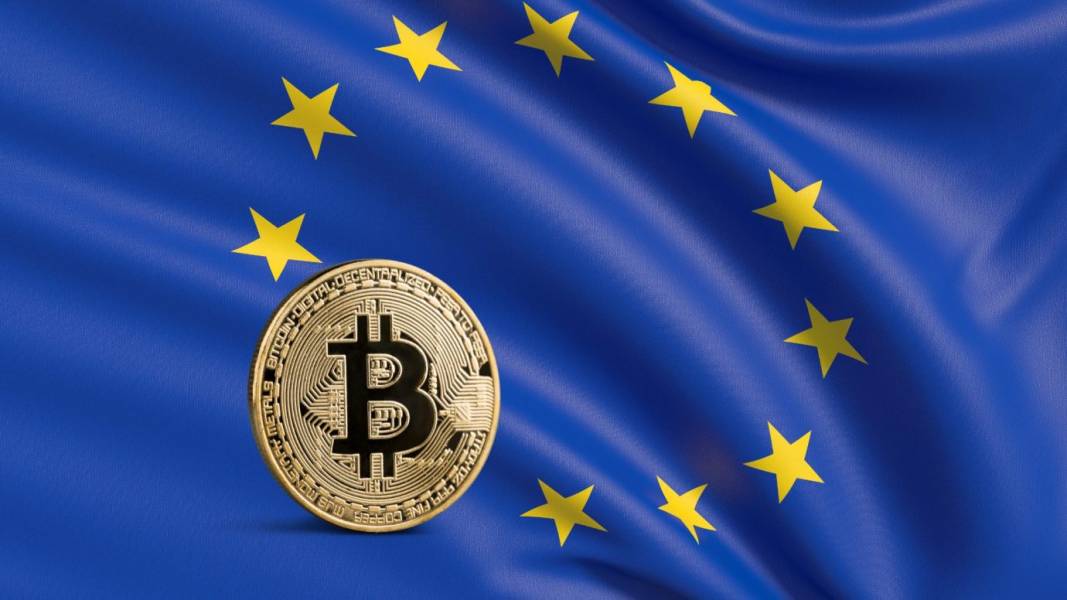
Stablecoin issuer Circle announced on July 1, 2024, that its France-based entity has been granted an Electronic Money Institution (EMI) license. This authorization will enable the firm to issue USDC and EURC stablecoins within the European Union (EU) in a compliant way.
Circle is the first stablecoin issuer globally to adhere to the Markets in Crypto-Assets Act (MiCA), the EU's historic crypto regulatory framework.
However, what does this signify for the stablecoin market? Let's investigate below.
The Markets in Crypto-Assets Act (MiCA): What is it?
-
Most people agree that the MiCA is the most complete cryptocurrency regulation law in the world. The EU ratified the first set of MiCA legislation in June 2023.
-
The MiCA regulations pertaining to stablecoins came into force on June 30, 2024.
-
To openly offer and trade cryptocurrencies and stablecoins within the EU, issuers must now possess MiCA licenses.
-
As to the MiCA regulations, issuers must cease the issuance of non-euro stablecoins if the number of stablecoin transactions surpasses 1 million or if the total value of stablecoin transactions surpasses 200 million euros.
-
Additional MiCA compliances mandate that issuers establish anti-money laundering procedures, have an office in an EU nation, and reveal any risks associated with issued cryptocurrency and a percentage of reserve monies kept in bank accounts, among other things.
-
By the end of 2024, the last stage of the MiCA laws will go into effect.
-
"Previously, frameworks focused solely on anti-money laundering and counter-terrorist financing," according to crypto research firm Chainalysis. By creating uniform regulations, offering legal certainty, safeguarding investors and consumers, upholding the integrity and stability of the European financial system, and encouraging innovation, MiCA seeks to bring the existing disjointed regulatory environment together.
USDC Financial Institution Stablecoins

Circle has expanded the market for its USDC stablecoin now that it complies with MiCA's stablecoin regulatory requirement.
Business clients in Europe may now formally use Circle's USDC and EURC mint and redeem services, known as Circle Mint.
Institutions may now benefit from Circle's stablecoins' almost instantaneous settlement, cheap transaction fees, and round-the-clock availability. Companies will also be able to provide their clients access to stablecoins via their website or app.
Emerging Crypto Regulations: "Acquire or Perish"
The historic stablecoin law passed in Europe foreshadows a time when only compliant stablecoins would be accepted by law and, as a result, readily available to the general public via centralized cryptocurrency exchanges (CEX).
In a blog post for The Bretton Woods Committee, Circle's Dante Disprate and Patrick Hansen stated, "Stablecoin offerings, both local and global, will either comply or ultimately vanish from the EU market in the short to mid-term, as evidenced by recent announcements from exchanges like Binance, Bitstamp, Kraken, OKX and others that are either delisting or phasing out non-compliant tokens."
The pair went on to say that regulated tokens will become the center of the EU's stablecoin market. According to them, there will be "a massive transformation" in the EU crypto market as a result of the EU's increased competitiveness in hosting the next wave of the crypto business due to clear rules and robust protections.
Expert Opinions: Decentralized Finance And Stablecoins' Future
Intergovernmental blockchain specialist Anndy Lian told Techopedia that compliant stablecoins are set to be a "tipping point" that might accelerate stablecoin usage worldwide.
Lian stated that "decentralization might not be a casualty" of the laws that are presently changing the crypto environment in response to a question concerning the viability of decentralized finance (DeFi) in the face of probable crypto legislation.
The Final Word
Depending on how you look at it, new rules are changing the cryptocurrency business for the better or worse. The US and other areas have not yet included crypto restrictions into their legal frameworks, thus the MiCA requirements are just the beginning.
There is no doubt about that. Other countries' regulatory frameworks will be significantly impacted by the MiCA laws.
